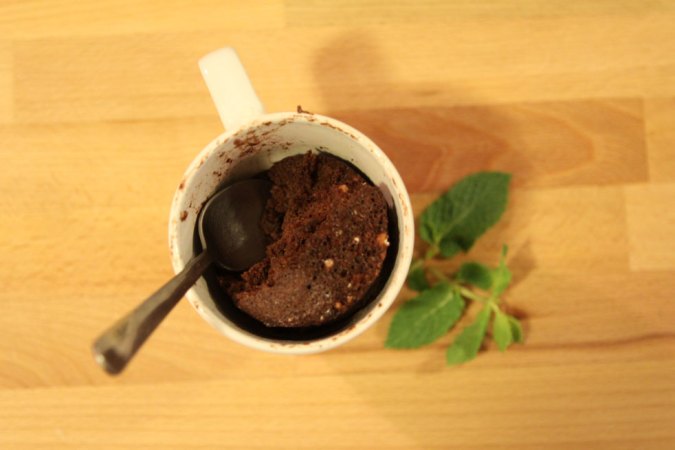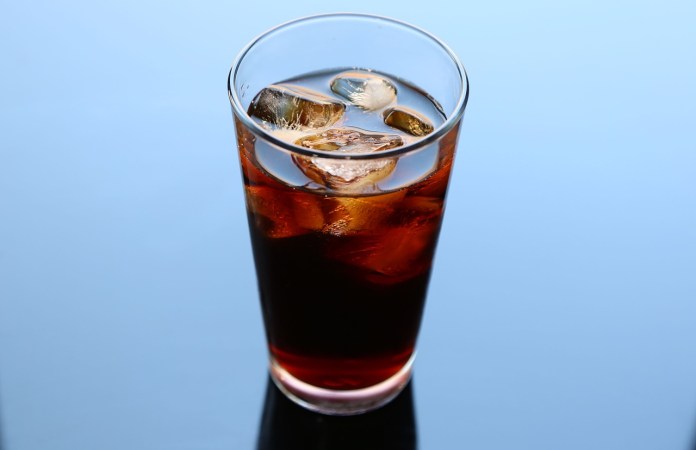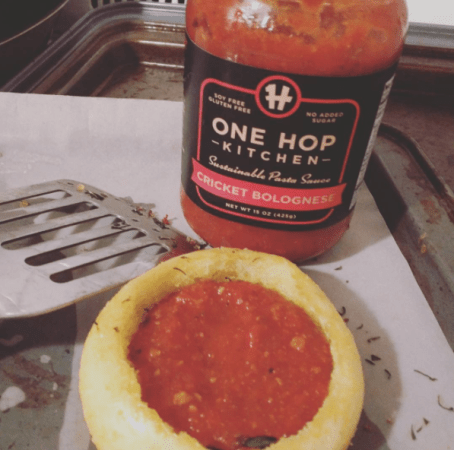

Whether you choose to fight exhaustion with tea or coffee, chances are you’ve dealt with brown stains inside your cups. And mug gunk is no regular stain either. No matter how many times you put your mugs in the dishwasher, the residue hangs on, trying to convince you it’s here to stay and that you’d better make your peace with it, or get new drinkware.
Don’t replace the contents of your cupboard, though. Using items you probably already have at home, you can rescue your caffeine tankard from the scourge of mug gunk.
The natural approach
Tannins, the staining agents in tea and coffee, cling to the porous surface of any mug, no matter the material they’re made of. These molecules are also present in red wine—another difficult stain to remove. You’ll need to use abrasion and some light elbow grease to get rid of them.
Materials
- A lemon wedge
- 1-2 tablespoons of baking soda
- A sponge, cleaning cloth, or paper towel
Instructions
1. Rub the lemon wedge on the inside of your mug. Lemon is a basic component of any natural cleaning arsenal. It’s a clarifying agent, and its acidic qualities help remove stains from fabrics and hard surfaces. The objective here is to cover the walls of your cups with lemon juice, so make sure you press the wedge lightly while you rub. You can also squirt the wedge inside the mug and use a silicone cooking brush to make sure you cover the entire surface.
2. Pour in the baking soda. Depending on the size of your mug, you may need more than a tablespoon. Just make sure to pour enough to completely coat the inside of the mug in white stuff. Baking soda has a basic pH, so there’s a chemical reaction when it comes into contact with acidic substances like lemon. The fizzing you’ll see is liberated carbon dioxide, which helps lift stains just as you’ve probably seen in laundry detergent commercials.
[Related: How to remove stains of any kind]
3. Let it sit for 2 minutes. Let chemistry do its magic.
4. Scrub. Use a slightly damp sponge, cloth, or heavy-duty paper towel to scrub the inside of your mug with circular motions. Avoid dissolving the baking soda by making sure whatever you’re using is not too damp—the powder doubles as an abrasion agent, and its tiny grains will help scrape free any stains left after the fizz.
5. Rinse with water and enjoy drinking out of a sparkling clean cup.
The big guns approach
Scrubbing takes work and you might prefer to save your lemons to flavor your drinks. If the natural method doesn’t appeal to you, let bleach do the heavy lifting.
Materials
- ½ a tablespoon of bleach
- Hot water
Instructions
1. Pour the bleach into your mug. Swirl it around so it completely coats the inside of your cup (but not so much that it spills and ruins your outfit).
- Pro tip: Gel bleach sticks to surfaces longer. Use a spoon to pour it slowly around the rim of your mug and let it drip to the bottom.
2. Fill your mug with hot water and let it rest for 10 to 15 minutes in a safe place. The right temperature is around 120 degrees Fahrenheit, which is about as hot as tap water can get in most homes.
- Pro tip: If you’re cleaning a travel mug with a vacuum seal, you don’t have to wait. Fill it halfway with water and close it tight. Shake it vigorously for a couple of seconds and open it up. Do this over a sink, though in case of spills or splatters.
[Related: Does coffee give you a different buzz than tea?]
3. Empty your mug. If some stains remain, use a bottle-cleaning brush. Make sure you do it gently to avoid bleach stains on your clothes.
4. Rinse thoroughly and enjoy cleanliness. Make sure you get rid of all the bleach by washing your mug with regular detergent or just rinsing it with clean water two to three times. You do not want to drink bleach.
Prevent future mug stains
No matter what you do, porous materials like ceramic, china, and the stainless steel in travel mugs will get stained eventually. Keep them clean for longer with these tips.
Filter your water
Remember we mentioned tannins? They bond well with the limestone and calcium carbonate in hard water, creating an insoluble material that accumulates inside your coffee or tea mug. Prevent this by using filtered water for your morning drink. Cleaner water means tannins will have fewer mineral molecules to bond to, automatically decreasing the chances of dark stains.
A water filter for your faucet or a pitcher with interchangeable water filters will do the job.
Do not over-steep
If you’re someone who leaves the tea bag in the mug while they drink, stop it. First, that’s not how you brew tea, and second, this will not only stain your mug but your teeth as well.
[Related: Stain removal tips from a Buckingham Palace-trained butler]
Find out what the ideal steeping time is for the kind of tea you’re drinking and set a timer to remind yourself to take the bag out. This is also a perfect excuse to get some tea bag holder dishes, or a new mug with a built-in holder.
Clean up your mess
Leaving empty coffee mugs scattered around your place doesn’t help, as both your home and your cups will look dirty.
As soon as you finish your morning joe, make sure to rinse the cup. Yes, this may mean actually going to the nearest sink, which can be hard when it’s often preferable to, well, not do that.
Solve this by keeping a water bottle nearby so you can immediately dilute the coffee residue. Just pour some water into your mug and swirl it around to avoid gunk sticking to its walls. That way you’ll only have to leave your seat when your body requires a new dose of caffeine.












![How I Transformed Sewage Into Fresh Water [Video]](https://www.popsci.com/wp-content/uploads/2019/03/18/MMLUTBZPMW7J7FF2JV5IQYLATI.jpg?w=556)


